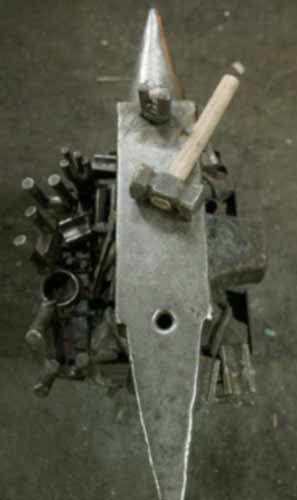When it comes to choosing the perfect knife, one of the most important factors to consider is the type of metal used in its construction. Different metals offer varying levels of hardness, corrosion resistance, edge retention, and ease of sharpening. Understanding these properties can help you select a knife that suits your specific needs, whether for cooking, outdoor activities, or everyday tasks. Let’s explore some common metals used in knives and their ideal applications.
Stainless Steel
Characteristics:
- Contains chromium, which provides excellent rust and corrosion resistance.
- Generally easier to maintain and clean.
- Can vary widely in hardness and edge retention depending on the alloy.
Ideal Uses:
- Kitchen knives: Stainless steel knives are perfect for home and professional kitchens because they resist rust from moisture and acidic foods.
- Everyday carry (EDC) knives: Their durability and low maintenance make them great for general tasks.
Popular Grades:
- 440C: Offers a good balance of hardness and corrosion resistance.
- VG-10: A Japanese stainless steel known for its sharpness and edge retention.
- AUS-8: Affordable and corrosion-resistant, suitable for budget-friendly knives.
Carbon Steel
Characteristics:
- Typically harder than stainless steel, allowing for a sharper and longer-lasting edge.
- More prone to rust and staining if not properly cared for.
- Easier to sharpen compared to some stainless steels.
Ideal Uses:
- Outdoor and survival knives: Carbon steel knives can take a beating and maintain a sharp edge, ideal for rugged use.
- Specialty kitchen knives: Some chefs prefer carbon steel for tasks requiring precision and sharpness, such as slicing and filleting.
Popular Grades:
- 1095: Classic carbon steel with excellent toughness and edge retention.
- O1 Tool Steel: Known for durability and wear resistance.
Damascus Steel
Characteristics:
- Made by layering different types of steel, resulting in a distinctive pattern.
- Combines the benefits of various steels, offering a balance of hardness, toughness, and corrosion resistance.
- Aesthetically appealing with unique patterns.
Ideal Uses:
- High-end kitchen knives: Damascus steel offers both beauty and performance, perfect for chefs who want an exceptional blade.
- Collector’s knives: The unique patterns make these knives desirable for collectors.
Tool Steel
Characteristics:
- Extremely hard and durable.
- Designed to withstand heavy use and high stress.
- May be more difficult to sharpen.
Ideal Uses:
- Heavy-duty knives: Suitable for chopping, batoning, and other demanding tasks.
- Tactical and combat knives: Offers strength and resilience under extreme conditions.
Popular Grades:
- D2: Semi-stainless tool steel with excellent wear resistance.
- M4: High-speed steel offering superior toughness and edge retention.
Titanium
Characteristics:
- Lightweight and corrosion-resistant.
- Not as hard as steel, so edge retention is generally lower.
- Often used in knife handles, but some blades are made from titanium alloys.
Ideal Uses:
- Lightweight EDC knives: Great for users prioritizing weight and corrosion resistance.
- Diving knives: Titanium’s resistance to saltwater corrosion makes it ideal for marine environments.
Conclusion
Choosing the right metal for your knife depends largely on your intended use and maintenance preferences. Stainless steel offers convenience and corrosion resistance, carbon steel excels in sharpness and toughness, Damascus steel provides a blend of performance and beauty, tool steels ensure durability, and titanium offers lightweight corrosion resistance. By understanding these metals and their properties, you can select a knife that will serve you well for years to come.

